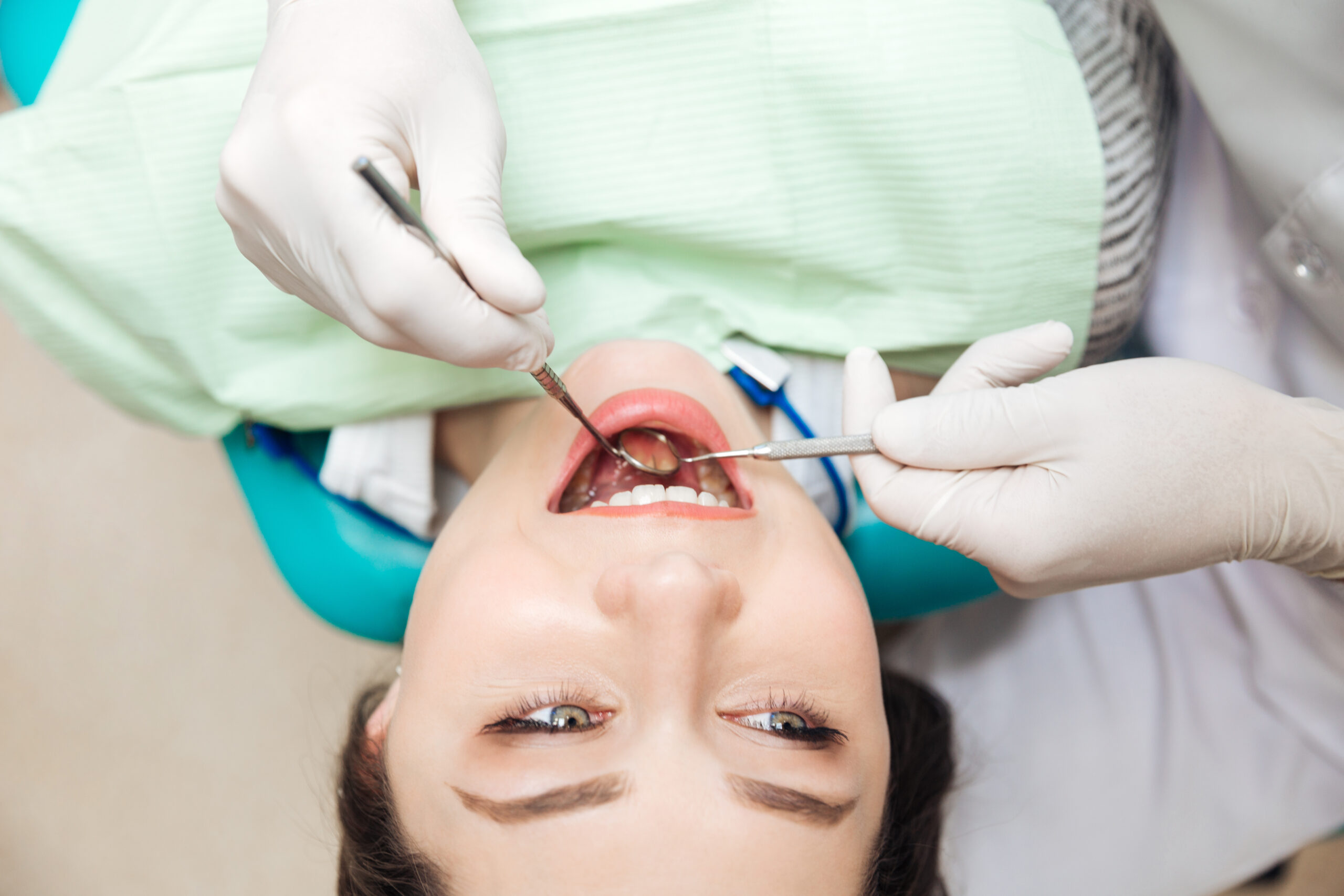Embarking on Your University Journey is exciting, however, sometimes things we do in our daily routine at home can get lost in all the work and the party life of a uni student.
Starting university is a fun and transformative time in one’s life. It brings new experiences, challenges and responsibilities. Among all the changes and independence, it’s essential not to overlook your dental health. In this blog, we’ll explore why dental care is crucial during your university years and provide tips to ensure your smile stays healthy throughout your academic journey.
Preventing Future Problems
Neglecting your dental health can lead to more significant issues down the road. Tooth decay, gum disease, and other oral health problems can escalate if left untreated. As a university student, you’re already dealing with various causes of stress; dental issues should not be one of them. Regular dental check-ups and good oral hygiene can help prevent major dental problems and save you from pain and costly treatments in the future.
Boosting Confidence
Confidence plays a significant role in your social and academic life. A healthy smile can boost your self-esteem and make you feel more comfortable in various situations, from making new friends to delivering presentations in class. Poor oral health can lead to bad breath, tooth discolouration, or missing teeth, which can negatively impact your self-confidence.
Focusing on Academics
University life can be hectic, with classes, assignments, and exams demanding your attention. Dental problems, such as toothaches or oral infections, can be extremely distracting and disruptive to your academic success. By taking care of your teeth, you reduce the chances of dental emergencies that could affect your ability to concentrate on your studies.
Enhancing Overall Health
Oral health is interconnected with your overall well-being. Poor oral hygiene can contribute to systemic health problems like heart disease, diabetes, and respiratory issues. University students are already exposed to various health risks, including irregular sleep patterns and unhealthy diets. Prioritising dental care is a small but significant step in maintaining your overall health.
Saving Money
University life often comes with financial constraints. Preventive dental care is usually more cost-effective than treating dental issues that have progressed to a severe stage. Regular check-ups and cleanings can help identify and address dental problems early, potentially saving you money on extensive treatments.
Tips for Maintaining Dental Care at University
- Schedule Regular Dental Check-ups: Make dental appointments a part of your routine. Kennett Road Dental Practice is located centrally in Headington and you are assured of a warm welcome at our modern practice.
- Practice Good Oral Hygiene: Brush your teeth at least twice a day, floss and use interdental brushes daily, and use mouthwash. Don’t forget to replace your toothbrush regularly.
- Eat a Balanced Diet: Limit sugary snacks and drinks, as they can contribute to tooth decay. Even low sugar drinks can damage your teeth due to the high levels of various acids in the drinks. Opt for nutritious foods that promote dental health.
- Stay Hydrated: Drinking water helps wash away food particles and bacteria from your mouth, reducing the risk of cavities and neutralising damaging acids.
- Use Protective Gear: If you play sports, consider wearing a mouthguard to prevent dental injuries.
- Manage Stress: Stress can lead to teeth grinding and clenching. Find healthy ways to manage stress, such as exercise or meditation. Teeth grinding in your sleep can be overcome with a simple night guard, arrange to see your dentist about having one custom made.
- Replace your brush: To keep the bristles on your toothbrush healthy and functional, replace it every few months.
- Cooking and dealing with junk food are common challenges for university students, especially those living on their own for the first time. Your diet has profound effects on your dental health. Learn basic cooking skills, meal planning, cook in batches, healthy snacking alternatives and stay hydrated.
Alcohol
Despite headlines claiming that many younger people are drinking significantly less than earlier generations and some are abstaining from it entirely, a brief stroll through university towns on a weekend night reveals that this isn’t the case for everyone. Alcohol can be enjoyable when consumed sensibly, but just like smoking, it increases the chance of developing periodontitis and other gum diseases including gingivitis. This danger is largely due to the potential for dehydration. Learn more about the effects of alcohol on your dental health by reading our blog post How Does Alcohol Affect Your Teeth? – Kennett Road Dental Surgery Oxford
Your time at university is a valuable period of personal growth and learning. Don’t let dental care fall by the wayside amid the excitement and challenges. Remember that maintaining good oral hygiene and visiting the dentist regularly are essential for your overall well-being, confidence, and academic success. By prioritising your dental health, you’ll have one less thing to worry about during your university journey and beyond.
Contact our friendly team on 01865 761965 or info@kennettdental.co.uk or find us on Instagram.



















